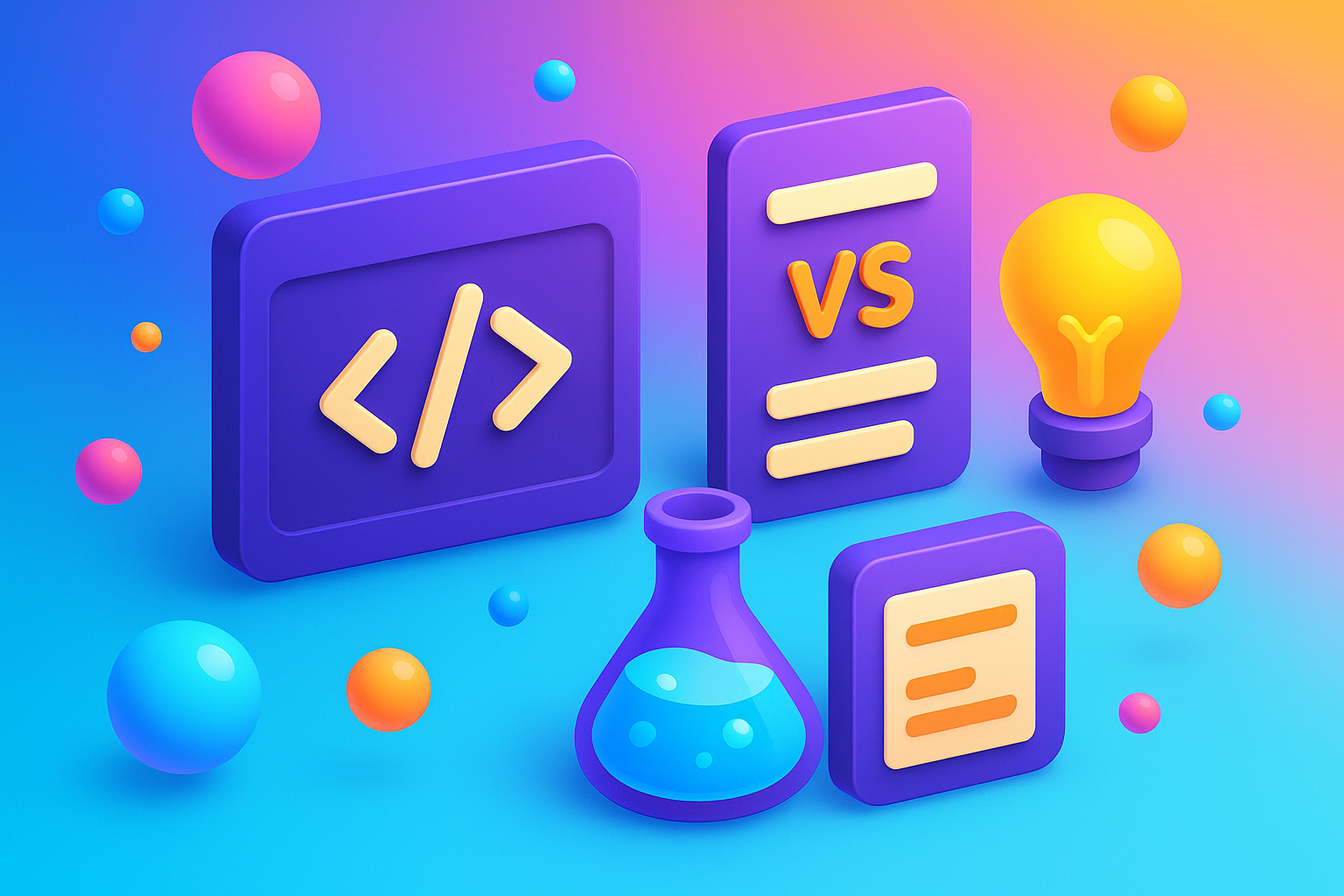
Vibe Coding Tools Comparison: Bolt, Lovable, and Vercel V0
Jason Hand provides a hands-on comparison of three leading vibe coding platforms: Bolt, Lovable, and Vercel V0. The discussion highlights Bolt's unique features like terminal access and console debugging, which set it apart from competitors. Lovable shines with its incredibly simple domain setup process and security features, while Vercel V0 offers superior environment variable management for API integrations. The episode covers Bolt's recent Cloud announcement, which aims to bridge the gap between rapid prototyping and production deployment, though Jason notes that features like SEO optimization may not address core developer concerns about monitoring, CI/CD, and system reliability. Throughout the comparison, both hosts emphasize the ongoing challenge of transitioning vibe-coded projects from proof-of-concept to production-ready applications, discussing limitations in mobile development, package security, and the friction involved in connecting to external services like Stripe and Supabase.
Jump To
Key Takeaways
- Bolt offers unique terminal and console access that other vibe coding platforms lack
- Lovable provides remarkably simple domain connection (2-3 clicks) with major DNS providers
- Vercel V0's environment variable management makes it easier to integrate with external services
- Mobile app development is supported in Bolt but still has build issues with Expo projects
- All platforms struggle with the transition from prototype to production-ready applications
- Element selectors across platforms help non-frontend developers make targeted UI changes
- Package vulnerability management is a constant concern across vibe coding platforms
